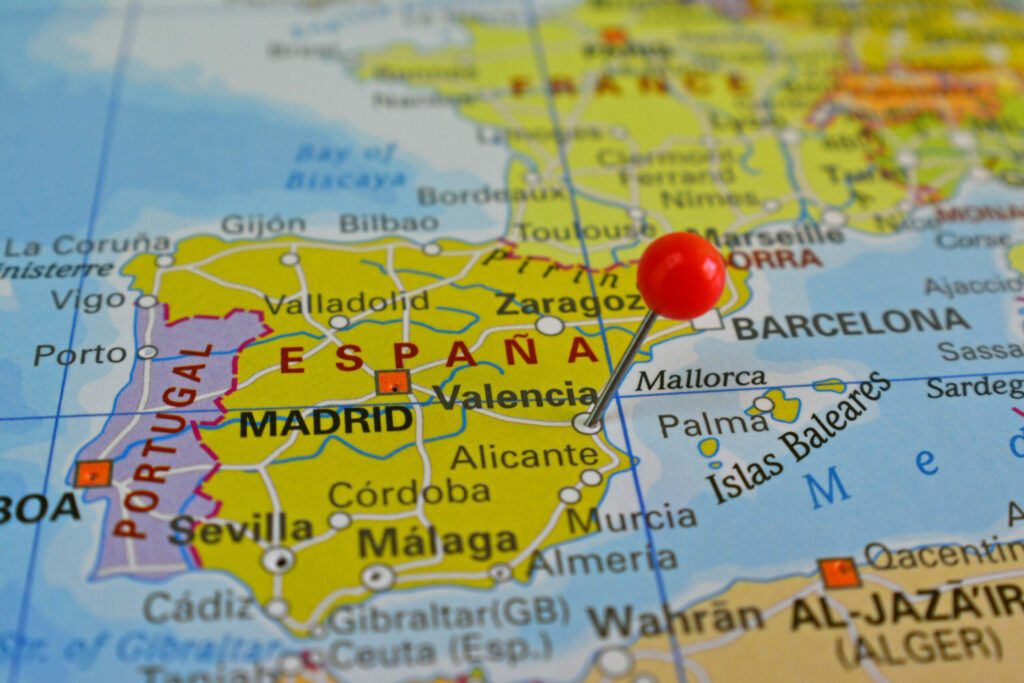Sharks International 2022
Imagine having all the top shark scientists from around the world in one room! Well, in October, I was lucky enough to attend the fourth Sharks International conference in Valencia, Spain and got to do just that! The conference is held every four years, first in Australia in 2010, then in South Africa in 2014, and the most recent in Brazil in 2018.
This year, with the advance of virtual conferences (thanks Covid-19!), Sharks International was a hybrid event which lasted eight days and hosted over 280 speakers from 69 countries. The talk themes included shark biology, movement, behaviour, threats and their conservation to citizen science and environmental education.
As an environmental education facility, the Save Our Seas Foundation Shark Education Centre team needs to keep up-to-date with the latest marine and shark research. This conference offered the perfect opportunity for me to fact-check the content we share in our lessons, the Centre’s exhibition spaces and on our social media platforms.
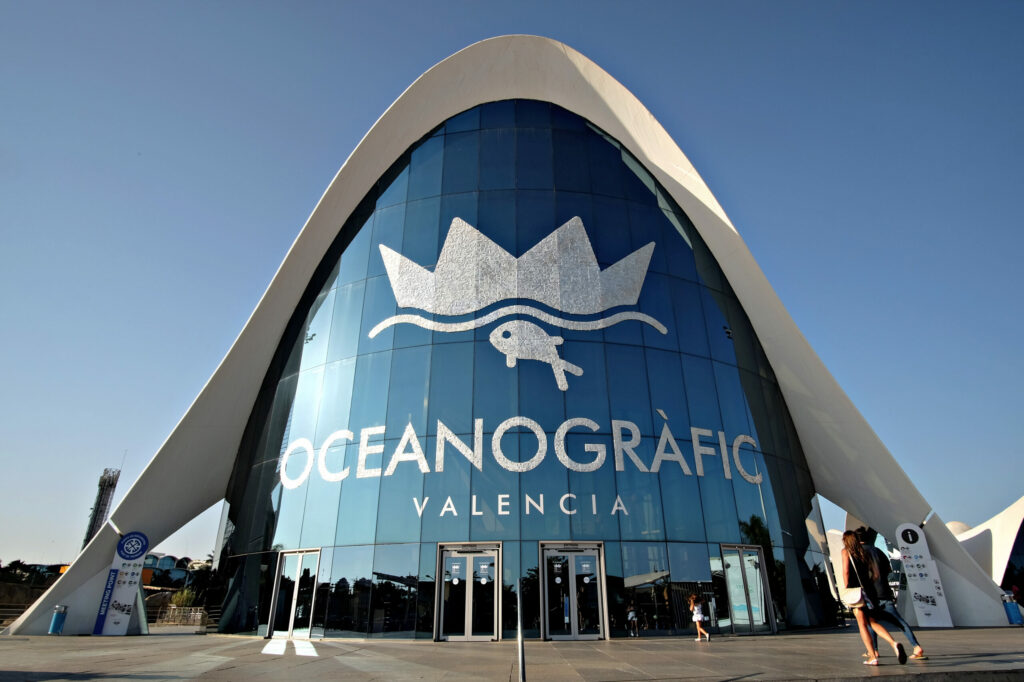
Oceanográfic Valencia – the venue for Sharks International 2022. Image copyright Shutterstock | Paolo Certo.
As the conference was held at the Oceanográfic in Valencia, all delegates had access to the public aquarium facility. This meant I saw a tasselled wobbegong and two angular roughsharks in person for the first time. Interestingly, the rough sharks in Valencia are the first to be successfully held in captivity. It took the aquarists at Oceanográfic Valencia over two months to work out what they ate as they initially rejected all meals offered to them. However, when a skate sharing their tank deposited some eggcases, these were quickly gobbled up by the sharks!
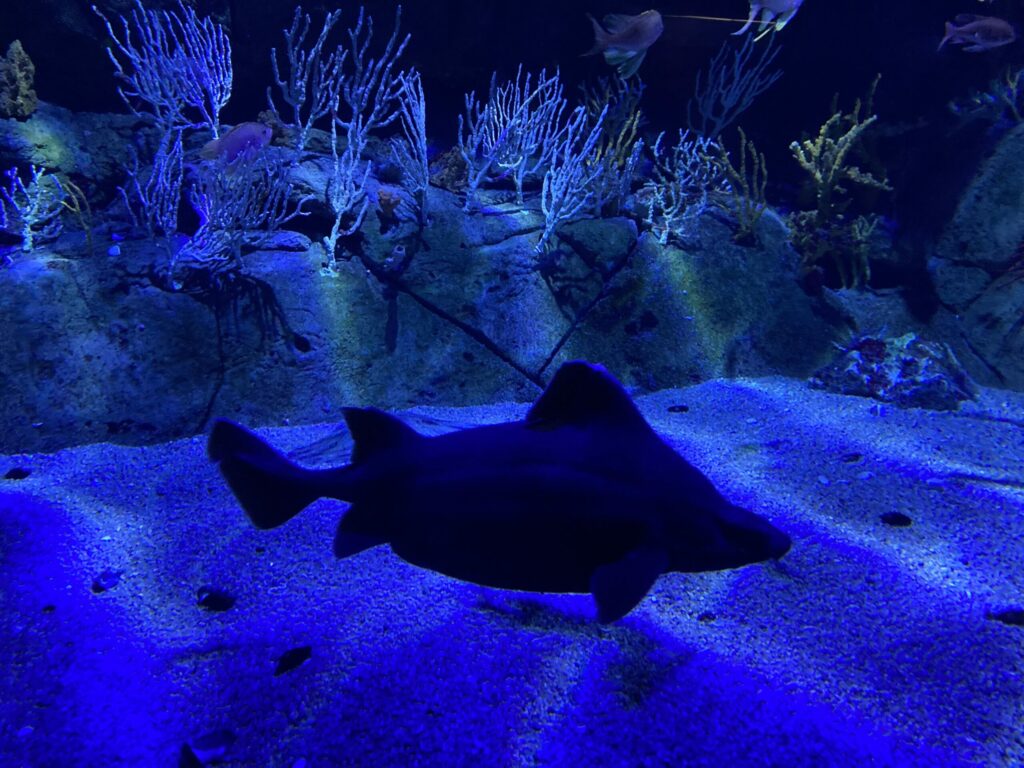
One of the two angular roughsharks housed at the Oceanográfic Valencia with a taste for skate eggs. Image copyright Clova Mabin | Save Our Seas Foundation Shark Education Centre.
Sharks International also allowed me to represent the Save Our Seas Foundation Shark Education Centre on an international stage. I presented a talk on the last day of the conference in the ‘Human dimension’ session alongside several well-known shark science communicators, including Jillian Morris (Sharks4kids) and David Shiffman. My presentation was on ‘Challenges in developing ocean stewardship in young people from under-resourced communities’. This is an issue we face daily at the SOSF Shark Education Centre. If we want to have healthy functioning oceans, we need to create more ocean stewards who will advocate for change and be inspired to take action themselves. However many young people from under-resourced communities already have so many other things to worry about, such as safety and access to nutritious regular meals. So is it really fair to give them more to worry about? Our approach is to offer the ocean as a source of respite and upliftment in our medium-term experiential programmes, while also giving clear calls to action (that are appropriate for our target audience) and building constructive hope.
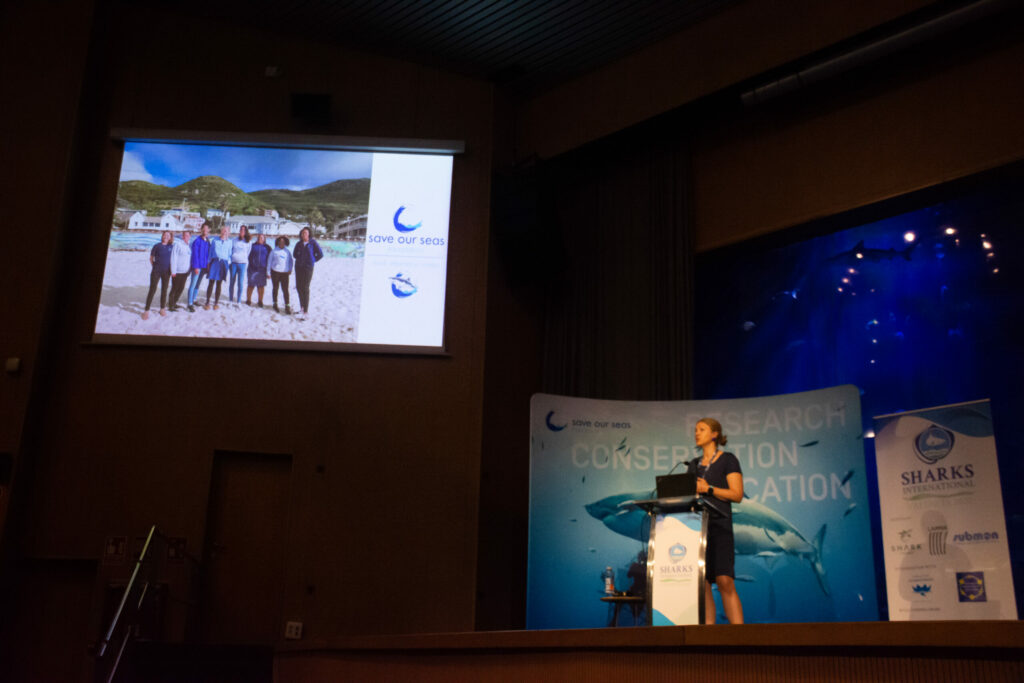
The most impressive stage ever – see if you can spot the shark in the aquarium behind me! Image copyright James Lea | Save Our Seas Foundation.
Conferences are always great for networking. This one, in particular, allowed me to build on existing relationships and foster new connections with inspiring shark scientists, advocates and educators from around the world. There were actually 19 people from the Save Our Seas Foundation team at Sharks International, many of whom I’d never met in person before.
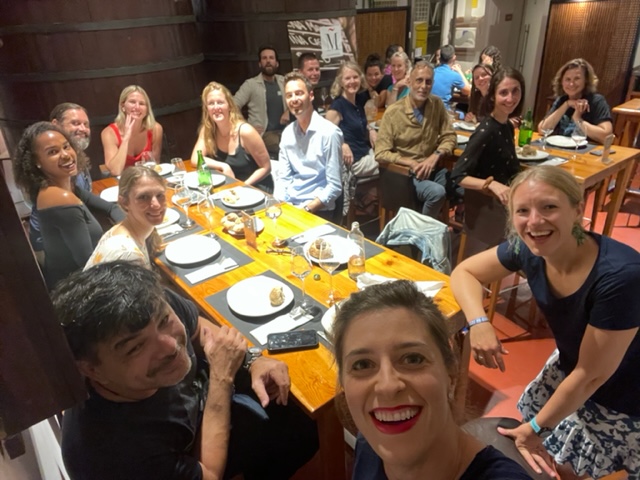
The Save Our Seas Foundation team at our last dinner before we headed home. Image copyright Henriette Gimmel | Save Our Seas Foundation D’Arros Research Centre.
One of my favourite parts of the conference has been catching up on the virtual content with my team back at the Save Our Seas Foundation Shark Education Centre. The citizen science and environmental education sessions, in particular, have been very valuable for brainstorming and have given us some great ideas for our future programmes. Seeing how others incorporate practical shark science into their lessons has inspired us to think outside the box for our medium-term programmes like Marine Explorers. Watch this space for our changes in 2023!
Thanks to all the organisations that made this event possible, including the Shark Trust, Submon, Lamna, the Save Our Seas Foundation, the European Elasmobranch Association and Oceanografic Valencia.
I am already looking forward to Sharks International 2026, which will be held in Sri Lanka!

